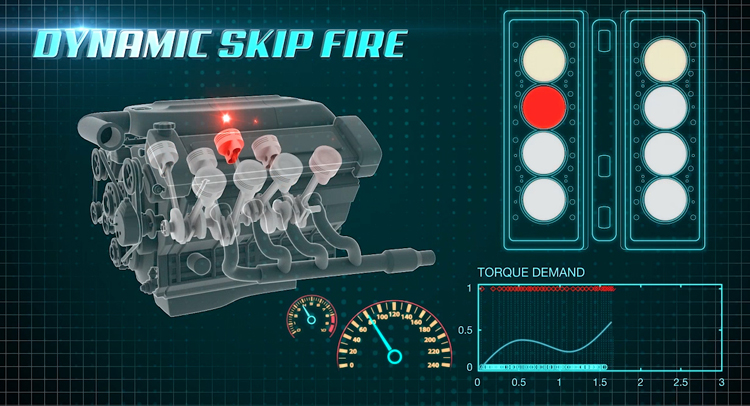GM Ventures is confident that the Dynamic Skip Fire (DSF) system developed by Silicon Valley-based startup Tula Technology will result in a “revolutionary new fuel economy technology” for gasoline engine-powered GM vehicles.
Since 2012, General Motors’ venture capital arm is among Tula Technology’s investors, along with Sequoia Capital, Sigma Partners and Khosla Ventures. GM hopes to incorporate the DSF technology into its future models.
The Dynamic Skip Fire technology integrates advanced digital signal processing with sophisticated powertrain controls to create a software-based approach to variable displacement engines. The result is said to make the most of vehicle fuel economy across a wide range of driving conditions.
Unlike current gasoline engines which rely on fixed cylinder deactivation or switch between fixed patterns, Tula’s DSF technology continuously makes dynamic firing decisions on an individual cylinder basis to deliver the required engine torque for all vehicle speeds and loads while avoiding vibration.
According to independent testing commissioned by Tula, the application of DSF technology can improve fuel efficiency in a multi-cylinder engine (from 4 to 8 cylinders) by as much as 15 percent over engines that do not have cylinder deactivation.
“This technology holds the potential to improve fuel economy on select GM vehicles without degrading power capability when it’s required. This joint effort combines software expertise from Silicon Valley with powertrain expertise from General Motors,” said Jon Lauckner, GM chief technology officer, vice president of Global R&D and president of GM Ventures. You can find out how the DSF technology works from the videos posted below.







